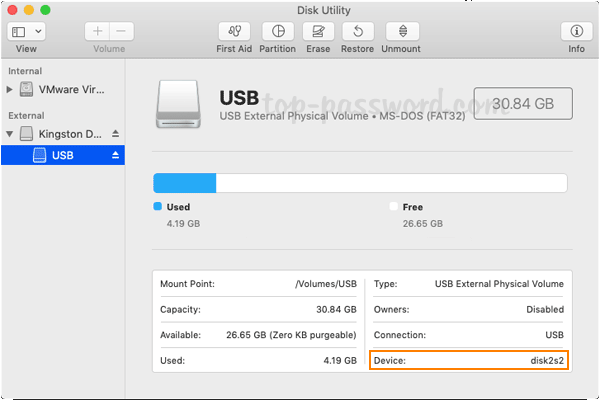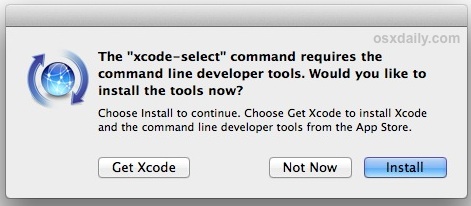
Specifies the location of the files that you intend to build into an. The default ID is 0圎F to represent a Unified Extensible Firmware Interface (UEFI) system. Specifies the value to use for the platform ID in the El Torito catalog. For example:ĭisables floppy disk emulation in the El Torito catalog. Specifies the El Torito boot sector file that will be written in the boot sector or sectors of the disk. For more information, see Use a single boot entry to create a bootable image. The following boot options can be used to generate single-boot entries. Specifies long allocation descriptors instead of short allocation descriptors.īoot options can be used to create bootable CD or DVD images. For example: -urC:\Readme.txtĬreates sparse files, when available, to make disk space usage more efficient. Overrides the default text file that is used together with the -u2 option. Any system that cannot read UDF sees only a default text file that alerts the user that this image is only available on computers that support UDF. Produces an image that contains only the UDF file system. The UDF file system is written by using Unicode file names. The ISO 9660 file system is written by using DOS-compatible 8.3 file names. Produces an image that has both the UDF file system and the ISO 9660 file system. The -ue, -uf, and -us options only apply when they are used together with the -u2 option.
#COMMANDLINE FOR VERSION OF USB ON MY MAC ISO#
UDF options cannot be combined with ISO 9660 options. Overrides the default text file that is used when the user specifies the -j2 option. Any system that cannot read Joliet sees only a default text file that alerts the user that this image is only available on computers that support Joliet. This option is used to produce an image that contains only the Joliet file system. However, Oscdimg may change some of the file names in the ISO 9660 namespace to comply with DOS 8.3 and ISO 9660 naming restrictions.Įncodes Joliet Unicode file names without standard ISO 9660 names. These file names can be read by either Joliet systems or conventional ISO 9660 systems. This option encodes Joliet Unicode file names and generates DOS-compatible 8.3 file names in the ISO 9660 namespace. Using this option does not duplicate all files on the image.

Permits both file systems to view all the data on the disk. The -j2 Joliet option cannot be used with any UDF options.

Joliet options cannot be combined with ISO 9660 options. Joliet allows longer file names, Unicode characters, and directory depths larger than eight. Joliet is an extension of the ISO 9660 file system. Permits long file names that are compatible with Windows NT 3.51.

Permits file names longer than DOS 8.3 file names.

Does not force lowercase file names to upper case. The -d and -nt options cannot be used together. The length of the file name combined with the length of the file name extension cannot exceed 30 characters in the ISO 9660 file system. ISO 9660 options cannot be combined with Joliet or UDF options.
#COMMANDLINE FOR VERSION OF USB ON MY MAC WINDOWS#
The Oscdimg tool and Microsoft Windows image mastering API (IMAPI) support three file system formats: ISO 9660, Joliet, and UDF. The following command-line options are available for Oscdimg. Oscdimg supports ISO 9660, Joliet, and Universal Disk Format (UDF) file systems. Oscdimg is a command-line tool that you can use to create an image (.iso) file of a customized 32-bit or 64-bit version of Windows Preinstallation Environment (Windows PE).


 0 kommentar(er)
0 kommentar(er)
